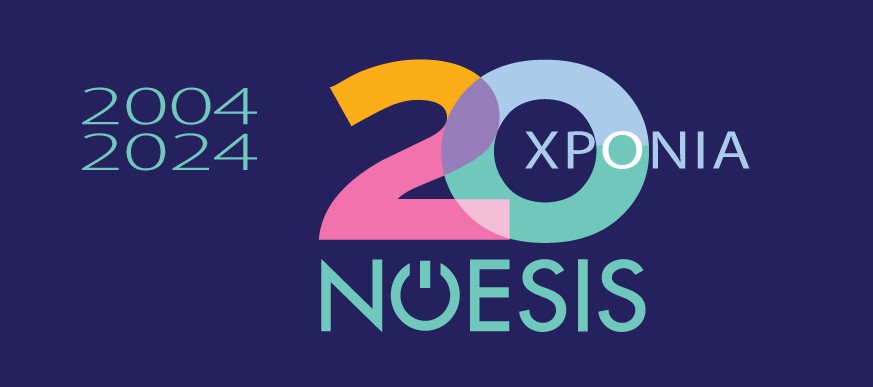Project “KRIPIS” (2018-Today)
This project is implemented in the framework of the Act “Study of the development of aspects of scientific literacy of apprentices in conditions of formal and informal education using online virtual laboratories and the use of geographical data” (MIS 5002552) which is part of the “Strategic Action for Research Development »And is funded by the Operational Program” Competitiveness, Entrepreneurship and Innovation “(NSRF 2014-2020) (co-financed by the European Regional Development Fund (ERDF) of the European Union and Greece).
The aim of the project is to study the possibility provided by the use of virtual laboratory environments of Physics and Chemistry and geographical data in the context of teaching Physics, Chemistry and Geography in support of the development of conceptual and epistemological aspects of scientific literacy in its literacy context. formal and non-formal education.
The educational framework is the formal education that will mainly concern students of primary, secondary, high school and non-formal education that will concern creativity groups in NOESIS.
Through this project, research data on the effectiveness of virtual laboratory environments and the use of geographical data, the structure and characteristics of modern teaching approaches and teaching-learning series, the integration of digital technology in teaching, as well as innovative scenarios will emerge. work,
research tools, as well as data on linking formal and non-formal education.
The research design of the project as a whole is based on the method of case studies in selected cognitive areas such as electricity, heat, optics, solutions, acids – bases – salts and geography, which are objects of the CA of schools of all levels and concern crafts with great social dissemination and usefulness in the daily life of students.
Research data and innovations will emerge from:
Measuring the degree of development of design skills and implementation of experimental processes,
Measuring students’ scientific literacy and studying the correlation of their skills with conceptual development,
Measuring the epistemological awareness of students,
Design and effectiveness of innovative teaching approaches and teaching-learning series as well as their structural elements,
For more information:
Vassilis Matsos, Deputy. Project director
Iliopoulos Periklis, Coordinator of Co-financed Projects

